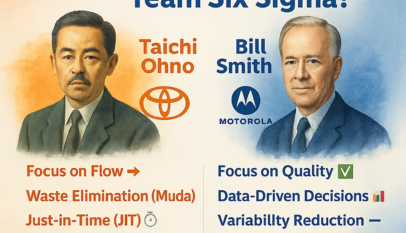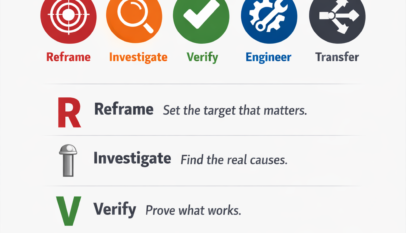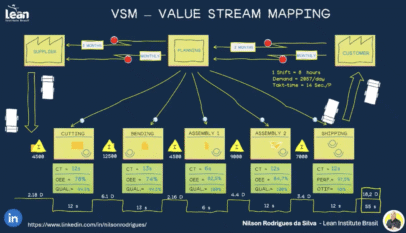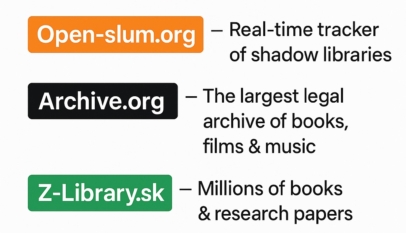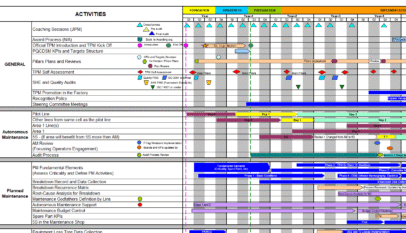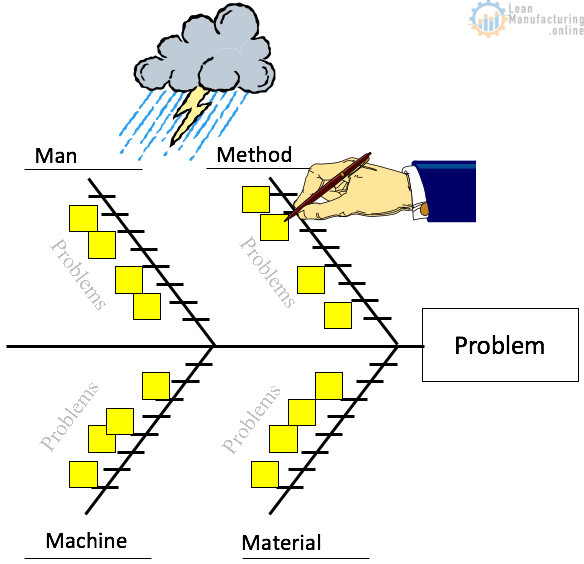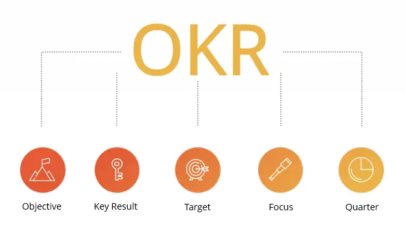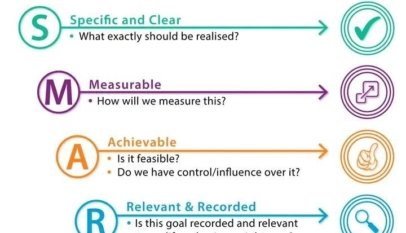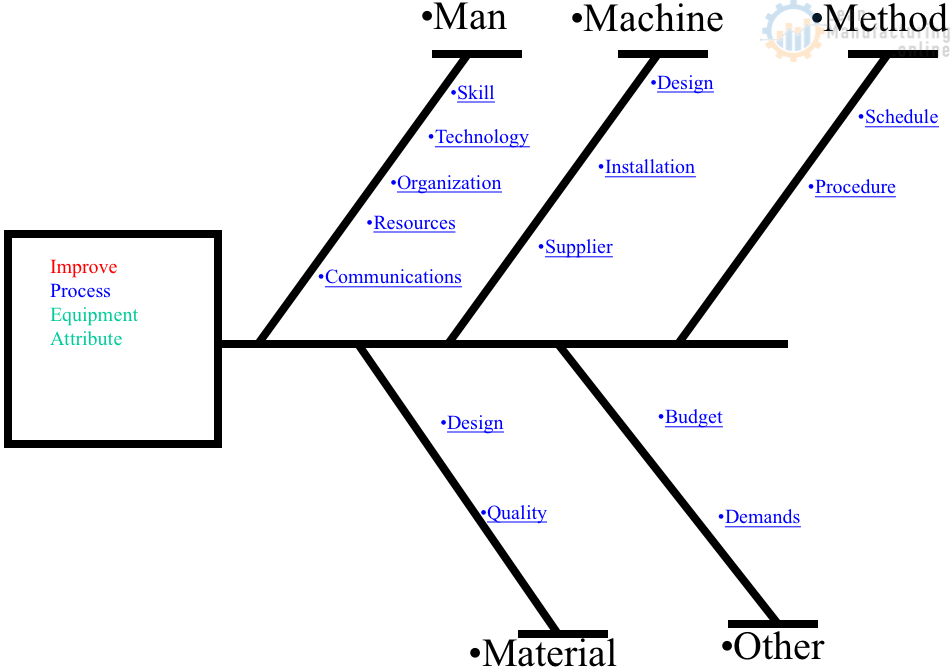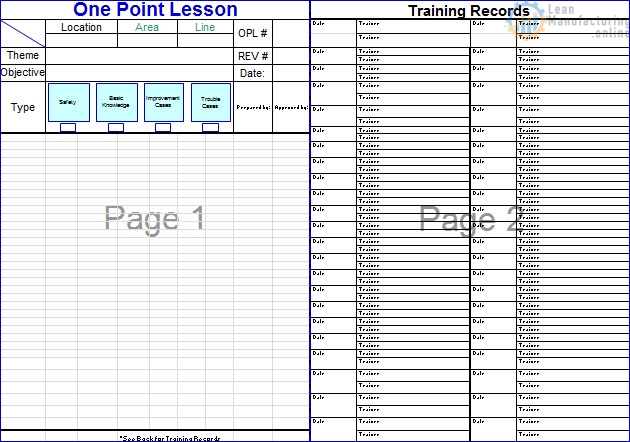What is Poka-Yoke?
- Developed by Toyota Motors as a tool to achieve Zero Defects
- Originally called Baka Yoke (idiot proof) but recognized that this label could offend workers so changed to Poka-Yoke (Mistake Proofing)
One serious obstacle to extending equipment life is the unexpected failure that occurs as a result of operating or repair errors. This irksome problem can not be resolved by maintaining optimal conditions or correcting design weaknesses, no matter how much effort is exerted in these areas. Also, the fact that human error is involved makes these failures difficult to resolve quickly. The only way to deal with them is through comprehensive, sustained training in operating and maintenance skills and the use of visual control and error-proofing (poka-yoke) measures.
It is rarely one individual device that prevents the production of defects but often the hundreds and thousands of these very simple “fail-safe” mechanisms that day after day deliver high-quality goods.
The devices can be used to achieve zero defects and to eliminate quality control inspections. The expression “foolproofing” is avoided as this can offend many workers, hence the expressions “mistake-proofing” or “fail-safe” were introduced. By taking over repetitive tasks or actions that depend upon vigilance or memory, poka-yoke can free workers time and mind to pursue more creative and value-adding activities.
Many things can go wrong in the complex environment of the workplace; every day there are opportunities to make mistakes that will result in defective products. Defects are wasteful and if they are not discovered they disappoint the customer’s expectations of quality a company must adopt not only a philosophy but a practice of producing zero defects. Poka-yoke methods are simple concepts for achieving this goal.
When to use Poka-Yoke?
Tackling different kinds of errors:
Almost all defects are caused by human errors. There are many different kinds of human errors, below are a few examples with some potential safeguards.
- Forgetfulness: Sometimes we forget things when we are not concentrating. Eg; The stationmaster forgets to lower the rail crossing gate. Safeguard – Alerting operator in advance or checking at regular intervals.
- Errors due to a misunderstanding: Sometimes we make mistakes when we jump to the wrong conclusion. Eg. A person not used to automatic transmission steps on the brake, thinking it is the clutch. Safeguard: Training, checking in advance, standardizing work procedures
- Errors in identification: Sometimes we make mistakes when we view it too quickly. Eg; A $10 note is mistaken for a $20 note. Safeguard – Training, attentiveness, vigilance.
- Errors made by amateurs: Sometimes we make mistakes through lack of experience. Eg; New operator does not know the operation or is barely familiar with it. Safeguard – Skill building, work standardization.
- Wilful errors: Sometimes we make mistakes when we decide we can ignore rules under certain circumstances.Eg; Crossing a street against a red light because there are no cars in sight. Safeguard – Basic education and experience.
- Inadvertent errors: Sometimes we make mistakes without knowing how they happened. Eg. Someone lost in thought tries to cross the street without noticing the light is in red. Safeguard – Attentiveness, discipline, work standardization.
- Errors due to slowness: Sometimes we make mistakes when our actions are slowed down by delays in judgment. Eg. A person learning to drive is slow to step on the brake. Safeguard – Skill building, standardization.
- Errors due to lack of standards: Sometimes we make mistakes when there are no suitable standards or work instructions.Eg; A measurement may be left to an individual worker’s discretion. Safeguard – Work standardization, work instruction.
- Surprise errors: Sometimes we make mistakes when equipment runs differently than expected. Eg; A machine may malfunction without warning. Safeguard – Total Productive Maintenance, work standardization.
- Intentional errors: Sometimes we make mistakes deliberately. Eg; Crimes and industrial sabotage! Safeguard – Fundamental education, discipline.

